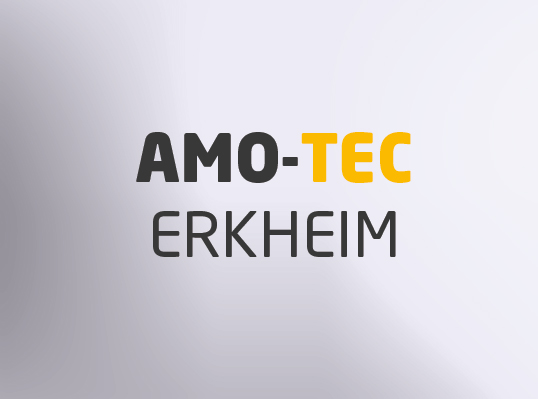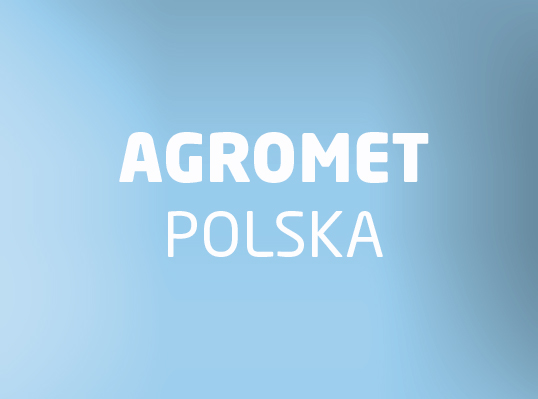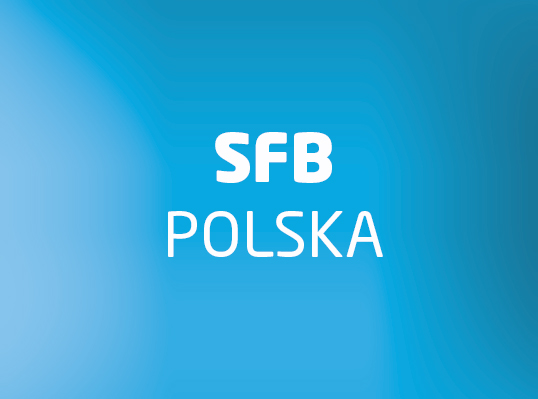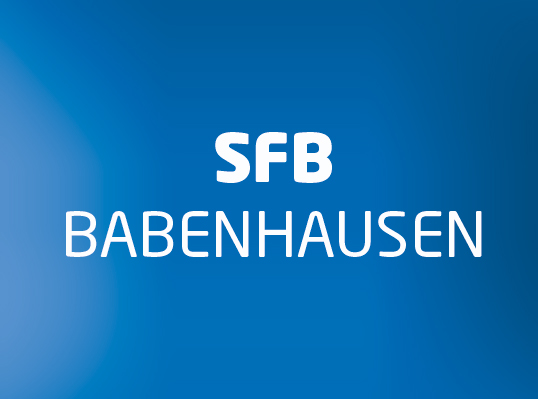
Duales Studium
Dual curriculum degree
A dual curriculum degree programme combines the benefits of vocational training with the opportunity to earn an academic qualification. All the benefits at a glance:
- Highly practical focus/li>
- Financial independence (remuneration like with an apprenticeship)/li>
- Excellent chances of a permanent position and career opportunities/li>
- Acquisition of important social skills for a future career/li>
- Academic knowledge
As a partner company, we regularly support motivated and technically interested youngsters in a broad variety of models and degree programmes.
Our experience of various models has been extremely positive so far:
- Dual curriculum degree programme with in-depth practice: Students complete a regular course at a university and acquire practical experience in the partner company during the lecture-free period, internship semester and while working on their graduation thesis. This does not extend the length of the programme, and students earn their bachelor’s degree in 7 semesters. This programme does not include an apprenticeship.
- Ulm Model with the Neu-Ulm University of Applied Sciences: In this dual curriculum degree programme, students earn a bachelor of engineering (e.g. with a focus on production technology) in 9 semesters (4.5 years) at the university and in the training company and complete an apprenticeship as industrial mechanics at the same time.
- Combined degree programmes in Bavaria, e.g. at Kempten University of Applied Sciences: Like with the Ulm Model, students acquire a fully recognised vocational qualification at the same time as the bachelor’s degree. The course lasts 4.5 years in total, of which 27.5 months are practical experience in a company plus 3 months for the bachelor’s thesis. Students spend the first year as apprentices at the company and also attend vocational college. They then move on to the degree programme. From this point on, the university, the company and the vocational college accompany students and coordinate the schedules, organisation and curricula. A broad variety of combinations are possible.
What are the requirements?
Unlike in regular degree programmes, students need to cope with a certain double burden. During the study phase, they must acquire the academic knowledge within a shorter time frame. There are always examinations and project papers to be completed during these periods as well. This involves an above-average workload, so students will have to be well organised and show a degree of commitment. In many cases, though, the practical relevance makes it easier to grasp complex and otherwise abstract contexts. Students can often translate their theoretical knowledge directly in the company and in doing so deepen their understanding.
They also receive regular remuneration from the company throughout the course, which ensures financial independence.
Of course, we are always on hand to provide advice and assistance during the dual curriculum programme.
Of course, we are always on hand to provide advice and assistance during the dual curriculum programme.
To the Apprenticeship positions











